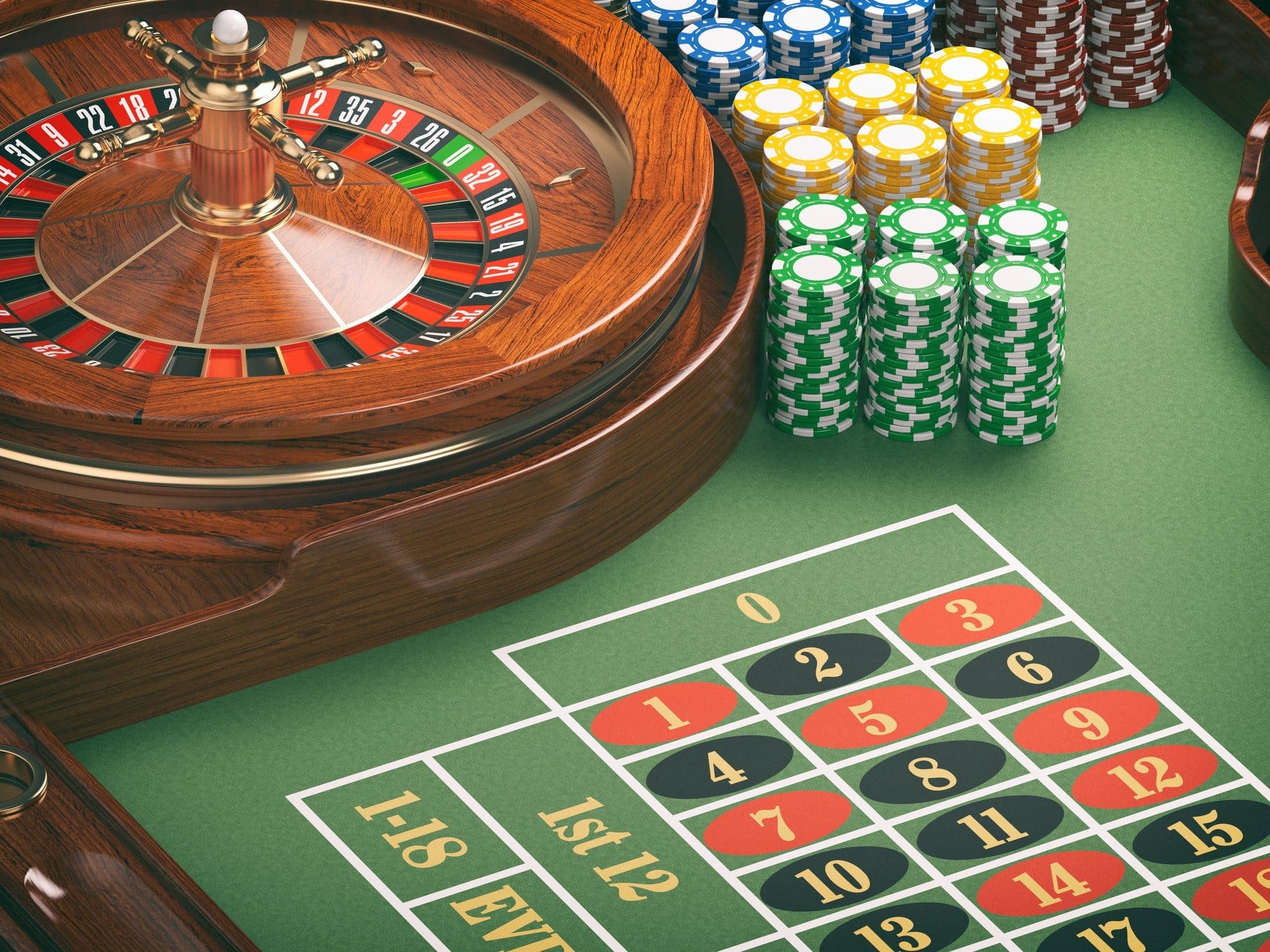
Casino games have captivated players for centuries, progressing from easy diversions to intricate adventures that combine fortune, tactics, and entertainment. From the historical origins of gambling in cultures like the ancient societies of Mesopotamia and Rome to the glitzy corridors of modern casinos, the evolution of these games reveals much about the human experience and our relationship with chance. As cultures have merged and technological advancements have occurred, casino games have changed, mirroring the changes in society and advancements in gameplay.
The primitive versions of gambling likely involved basic dice-based games and betting on the outcomes of sports competitions. As time passed, these early games grew into more structured games like table games, the roulette wheel, and the multitude one-armed bandits that fill the premises of casinos today. Each era brought its distinct regulations, design elements, and social relevance. In the current era, casino games maintain their evolution with the rise of online platforms, enabling players from various parts of the world to engage in a common experience, further fusing the traditional with the age of technology.
Early Roots of Gambling Activities
Casino activities have roots that extend back to old societies, where wagering was deeply integrated in social practices and cultural customs. The earliest known instances of betting appeared in ancient Mesopotamia around three thousand BC, including primitive dice games made from knuckle bones. These primitive activities laid the foundation for more complex gambling activities, reflecting humans’ instinctive urge to pursue fortune and amusement through chance.
As societies progressed, so did their betting pursuits. In historic Chinese culture, around two thousand three hundred BC, tiles were discovered that looked like primitive basic forms of a lottery game game. More structured instances of gambling arose in the ancient Roman Empire, where activities of luck were a common recreation, often taking place in social events. The Romans developed multiple betting activities, which included die and table games, showing the widespread nature of betting across various economic strata.
With the flow of time, these primitive games influenced the development of modern gambling games. In the Middle Ages, card games became prevalent in Europe, paving the way for the organized gaming establishments we know today. The transition from casual gambling to formal gambling in pubs and personal houses marked a major change in how people interacted with games of luck, leading to the eventual creation of casinos as dedicated venues for betting.
The Growth of Contemporary Gambling Industry
The final 20th century marked a significant change in the realm of gambling games, driven by technological advancements and transformations in cultural attitudes towards gambling. The emergence of computers and the internet altered the way gamblers interacted with their preferred casino games. Online casinos emerged, enabling players to enjoy traditional casino classics like poker and 21 from the comfort of their houses. This new digital landscape not only expanded access to casino games but also drew in a newer audience who found the ease and diversity attractive.
As digital gaming gained popularity, so did advancements in casino tech. The development of high-quality software and visual elements converted classic casino games into engaging adventures. Players could now interact with realistic dealers through live feeds, bringing the vibe of brick-and-mortar casinos directly into their houses. games not on Gamestop This blending of live gaming with digital interfaces created a unique hybrid experience that boosted the community element of playing, allowing it possible for individuals to engage and challenge with fellow gamers around the globe.
Furthermore, the emergence of mobile gaming dramatically changed the casino landscape. With the ubiquitous use of smartphones and touch devices, players can access their favorite casino games at any location, at any time. Mobile applications offer a extensive range of games optimized for mobile screens, catering to the fast-paced lifestyle of contemporary gamers. This easy access has resulted in increased engagement in casino games, driving the rapid expansion of the gaming industry. As a result, the future of the gaming industry continues to progress, adjusting to technological advancements and changing consumer preferences.
How Technology Influences Casino Games
The evolution of technology has significantly transformed casino games, improving the overall gaming experience for gamblers globally. With the introduction of the internet, online casinos were created, allowing players to play their preferred games from the safety of their own homes. This shift not only made casino games more accessible but also increased the variety of games offered, as online platforms could offer many different versions of traditional games without the limitations of brick-and-mortar establishments.
The rise of mobile technology further revolutionized the casino gaming landscape. With the proliferation, players now have the ability to play casino games whenever and wherever they want. This mobility has led to the development of dedicated mobile applications and optimized websites that provide seamless gaming experiences. Additionally, innovations such as live dealer games have delivered the genuine feel of a casino into players’ homes, bridging the gap between physical and online gaming.
Furthermore, advancements in artificial intelligence and virtual reality are leading to the next generation of casino games. AI enhances game design and player interaction, creating tailored experiences based on user behavior and preferences. Meanwhile, virtual reality offers immersive environments where players can interact in a virtual casino environment, making the gaming experience more exciting and lifelike. As technology continues to evolve, the future of casino games looks promising, filled with limitless opportunities for advancements and entertainment.
